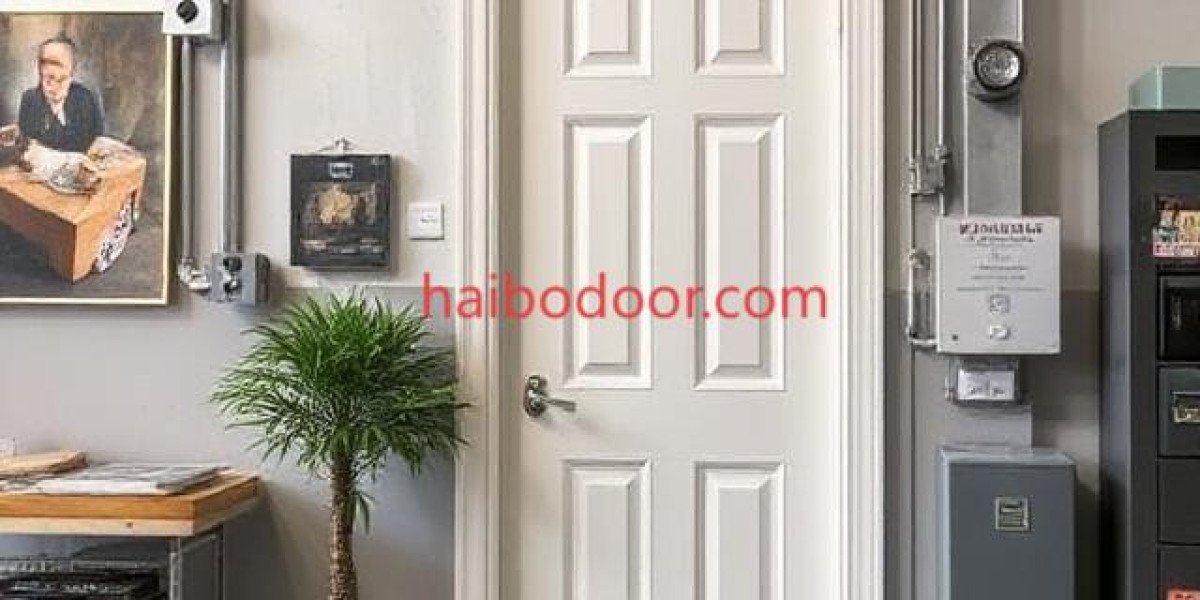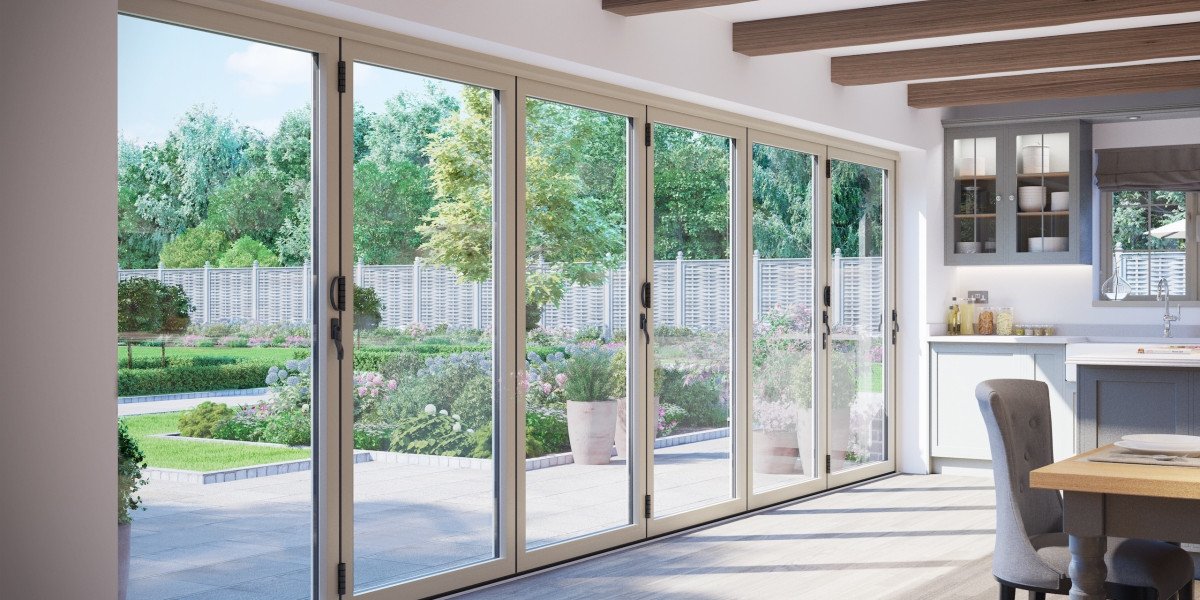Environmental responsibility has become one of the most defining forces shaping today’s building materials industry, and within this trend a PVC Door Factory finds new opportunities to align growth with sustainability. Rising concerns about climate change and resource management are pushing developers, architects, and homeowners to seek eco-conscious materials. By integrating recycling, energy efficiency, and low-impact manufacturing, a PVC Door Factory can demonstrate how innovation contributes to a greener future while maintaining performance standards.
PVC itself offers a starting advantage in sustainability discussions. Compared to traditional wooden doors, PVC doors require no deforestation, reducing pressure on natural timber resources. They also last longer, which decreases the frequency of replacement and minimizes waste. Unlike metals that demand high energy levels for production, PVC fabrication consumes comparatively fewer resources. These material-level benefits form the foundation for sustainable growth strategies in the door industry.
Another important factor is energy-efficient production. Modern factories are adopting technologies such as closed-loop water systems, energy-saving extrusion lines, and advanced molding equipment that lower overall energy consumption. These practices not only reduce environmental impact but also cut operational costs, creating a win-win scenario for both manufacturers and customers. By implementing cleaner production systems, PVC manufacturers can meet international sustainability certifications, making their products more competitive in global markets.
Recycling initiatives further support sustainability goals. Scrap materials generated during door production can be collected, processed, and reintroduced into the manufacturing cycle, minimizing raw material waste. End-of-life PVC doors can also be recycled, reducing landfill contributions. Some forward-thinking companies even design doors with modular components, making disassembly and recycling simpler. This circular approach represents an important innovation for the long-term viability of PVC products.
Consumer expectations are also shifting. Buyers are increasingly aware of the environmental impact of their purchasing decisions. When selecting doors, homeowners and businesses look for certifications that demonstrate eco-friendly credentials. Labels such as low-VOC emissions or recycled material content give consumers confidence in their choices. For commercial projects like schools, healthcare facilities, and corporate offices, sustainability is no longer optional but often a requirement. PVC doors, with their durability and customizable eco-friendly features, meet these new standards effectively.
Zhejiang Haibo Door Industry Co., Ltd. provides a strong example of how sustainability practices can be implemented in real-world operations. The company not only focuses on delivering durable and stylish doors but also integrates resource-efficient manufacturing methods. Through recycling programs, careful material selection, and continuous investment in cleaner production technologies, Haibo showcases how sustainability and business growth can work in harmony. Their approach reflects a commitment to both customer satisfaction and environmental responsibility.
As sustainability continues to shape the global construction market, companies that embrace eco-friendly practices will find themselves better positioned to capture long-term opportunities. Haibo’s dedication to combining design innovation, performance, and sustainable production demonstrates how manufacturers can lead industry transformation. To learn more about Haibo’s sustainable approach to PVC door production, visit their official website: https://www.haibodoor.com/news/industry-news/how-a-pvc-door-factory-creates-quality-and-design-for-everyday-living.html








